
Deputy Prime Minister Tran Hong Ha chaired a meeting to listen to a report on the draft Decree on farm economy - Photo: VGP/Minh Khoi
The Deputy Prime Minister requested the drafting agency ( Ministry of Agriculture and Environment ) to clearly define the scope, subjects and legal basis of the decree on farm economy, clearly distinguishing between concretizing existing laws and piloting new policies.
The Decree needs to be placed in a unified relationship with current decrees and laws in the fields of cultivation, animal husbandry, aquaculture, land, etc., without overlapping or exceeding authority.
Forming a synchronous and comprehensive legal corridor for farm economy
According to a report by the Ministry of Agriculture and Environment, by 2024, nearly 28,000 farms nationwide will be counted with an average production value of 4 billion VND/year, an average area of 3.52 hectares/farm, and an average employment of 3.8 workers/farm.
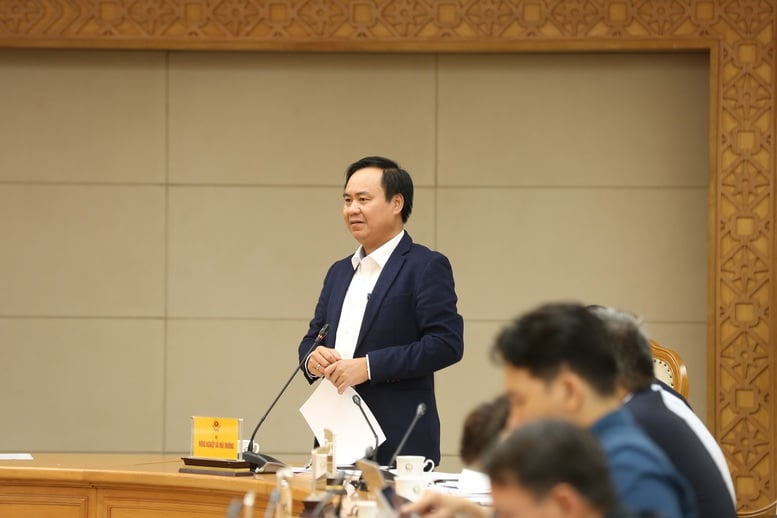
Deputy Minister of Agriculture and Environment Vo Van Hung reports - Photo: VGP/Minh Khoi
It is estimated that the farm sector's revenue contributes 9.3% of revenue, 10.3% of GDP, and 17.7% of the agricultural sector's export turnover. Many farm models have developed in the direction of land accumulation, commodity specialization, high-tech application, production-consumption linkage according to the value chain, combined with non-agricultural activities such as eco-tourism, experiential education, and renewable energy.
However, most farms are developing spontaneously, on a small scale, with low quality labor. Many farm owners are limited in management capacity, financial ability, market understanding, and have not yet applied much advanced science and technology.
Violations of land, construction and environmental pollution are still common.
Policies to support farm economy are scattered in many documents or integrated, making implementation and access difficult.
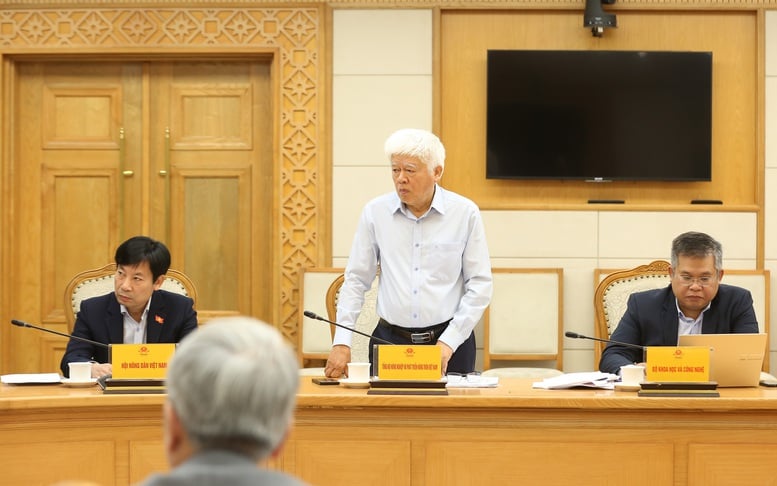
Mr. Nguyen Tri Ngoc, former Director of the Department of Crop Production (former Ministry of Agriculture and Rural Development) speaks - Photo: VGP/Minh Khoi
Many localities are confused in classification, statistics, management, handling of violations or policy support.
The issuance of the Decree on farm economy creates a basis for accessing related preferential and support policies; ensuring the implementation of rights and obligations of farm owners.
Filling institutional gaps and ensuring unity in state management, limiting spontaneous development, speculation and misuse of land.
Encourage farm development towards large-scale commodity production, high-tech application, combining agricultural and rural tourism and value-added services.
The Draft Decree includes three major policies: Classification and criteria for determining farm economy; granting, updating, managing and exploiting farm codes; policies to support and encourage the development of farm economy.
Clearly define policy goals and specific benefits
Mr. Nguyen Tri Ngoc, former Director of the Department of Crop Production (former Ministry of Agriculture and Rural Development), said that it is necessary to clearly define the nature of a farm as a production organization model in agriculture, which can be organized by households, cooperatives or enterprises, and not as an independent economic entity.
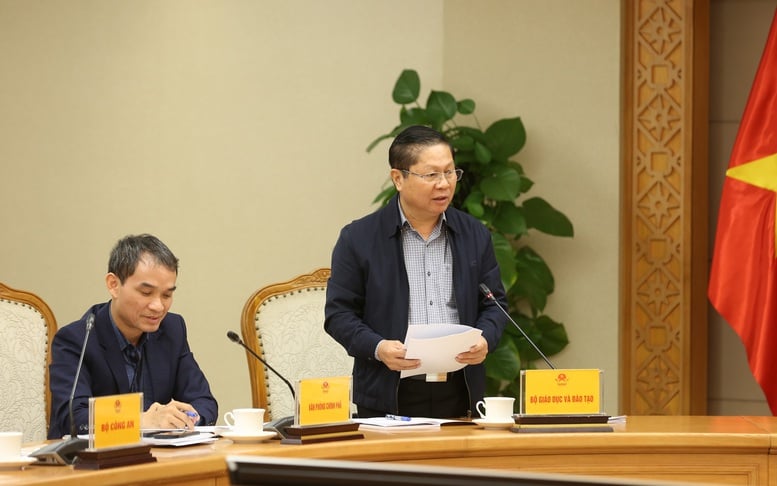
Deputy Minister of Education and Training Le Tan Dung speaks - Photo: VGP/Minh Khoi
Therefore, the completion of the legal framework needs to focus on designing specific, flexible and unified policy mechanisms in management, thereby promoting the role of farms in the development of commodity agriculture.
Agreeing with this opinion, Vice President of the Vietnam Farmers' Association Nguyen Xuan Dinh said that it is necessary to clarify the subjects of application between households, farms, ranches and enterprises, only then will the policy be feasible and transparent.
The Decree needs to be developed in the direction of designing substantive policies, linked to the development needs of each farm model, instead of just stopping at the level of framework regulations.
Mr. Nguyen Tri Ngoc proposed synthesizing and connecting current policies on land, credit capital, science and technology, agricultural extension, human resource training, etc., to form a more synchronous and comprehensive legal corridor for farm economic development.
"A unified, highly enforceable decree will help unlock investment resources, promote sustainable farm development and contribute more effectively to the agricultural economic sector," said Mr. Nguyen Tri Ngoc.
Meanwhile, opinions from the Ministries of Finance, Industry and Trade, Science and Technology, Justice, etc. assessed that most of the content of the new draft Decree focuses on classification and management criteria, while policies to support and encourage development are very few and mainly refer to existing legal regulations.
Therefore, the Decree needs to clearly define policy objectives and specific benefits for farm workers (land, credit, infrastructure, tax, science and technology, etc.); supplement substantial incentive mechanisms to promote large-scale production and high-tech application. Some opinions also suggest that it is necessary to study more specific regulations on labor management, security and order, information security and data connection in farm operations.
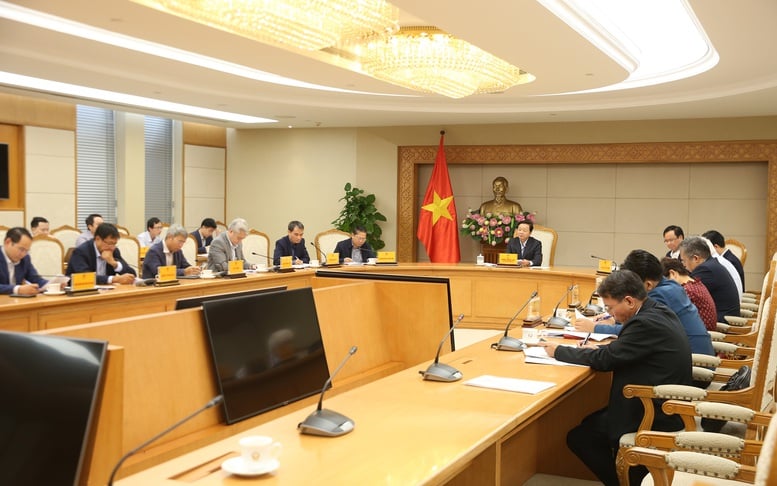
The Deputy Prime Minister requested the Ministry of Agriculture and Environment to review and absorb opinions from ministries, branches, experts and associations to continue perfecting the draft Decree - Photo: VGP/Minh Khoi
The right direction to develop modern agricultural economy
Concluding the meeting, Deputy Prime Minister Tran Hong Ha said that the farm model is developing strongly, demonstrating a more advanced production method than the household one, aiming at commodity production, specialization, and expansion of scale, instead of self-sufficiency. The goal is to shift from agricultural production to agricultural economy, linking production with services, trade and markets.
Therefore, the Decree needs to demonstrate new thinking and reasoning to define, classify, and clearly identify farm models, thereby issuing appropriate policies to encourage new and modern farm models such as: organic agricultural farms, low-emission rice farms, multi-product farms, ecological agricultural farms or combined tourism-agriculture farms, associated with the application of science and technology, digital transformation, modern governance and sustainability criteria...
This is the right direction to develop modern agricultural economy, create added value, combine production with services, tourism and environmental protection.
The Deputy Prime Minister suggested that the Ministry of Agriculture and Environment review and absorb comments from ministries, branches, experts, and associations to continue perfecting the draft Decree in the direction of building a superior system of mechanisms and policies for the farm economic model, focusing on investment, irrigation, research and application of technology, varieties, fertilizers, governance, digital transformation, etc. Especially determining the origin, identification codes, and standards of agricultural products. "All farm products must meet national OCOP standards, not just those of communes, wards, or provinces."
The Deputy Prime Minister emphasized that current farm models are very diverse, reflecting the initiative of farmers and businesses. If the State has appropriate support policies, farm economic models will spread into a nationwide movement, contributing to fundamentally changing agricultural production methods, improving competitiveness and bringing Vietnamese agriculture to a new position.
Minh Khoi
Source: https://baochinhphu.vn/phat-trien-kinh-te-trang-trai-hien-dai-ben-vung-can-tu-duy-moi-chinh-sach-vuot-troi-102251024173039867.htm


![[Photo] Prime Minister Pham Minh Chinh chairs conference on breakthrough solutions for social housing development](https://vphoto.vietnam.vn/thumb/1200x675/vietnam/resource/IMAGE/2025/10/24/1761294193033_dsc-0146-7834-jpg.webp)
![[Photo] President Luong Cuong chaired the welcoming ceremony and held talks with United Nations Secretary-General Antonio Guterres](https://vphoto.vietnam.vn/thumb/1200x675/vietnam/resource/IMAGE/2025/10/24/1761304699186_ndo_br_1-jpg.webp)
![[Photo] Prime Minister Pham Minh Chinh and South African President Matamela Cyril Ramaphosa attend the business forum](https://vphoto.vietnam.vn/thumb/1200x675/vietnam/resource/IMAGE/2025/10/24/1761302295638_dsc-0409-jpg.webp)

![[Photo] Solemn funeral of former Vice Chairman of the Council of Ministers Tran Phuong](https://vphoto.vietnam.vn/thumb/1200x675/vietnam/resource/IMAGE/2025/10/24/1761295093441_tang-le-tran-phuong-1998-4576-jpg.webp)

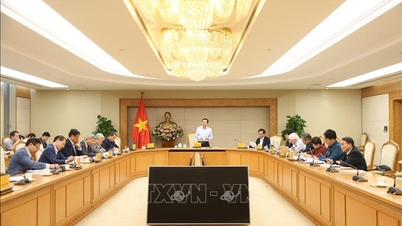

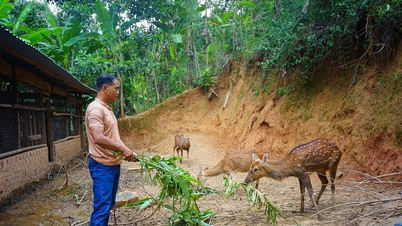

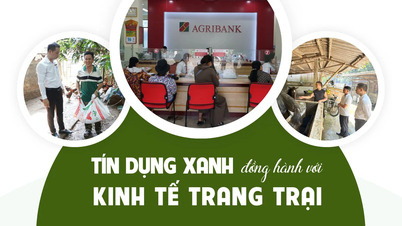



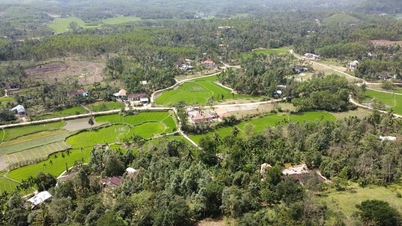

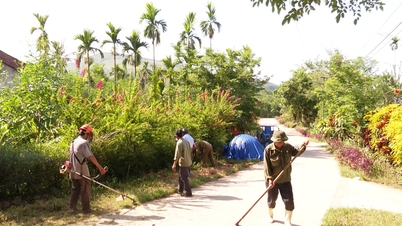
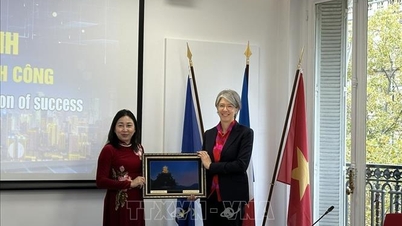


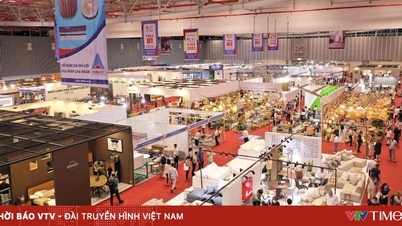
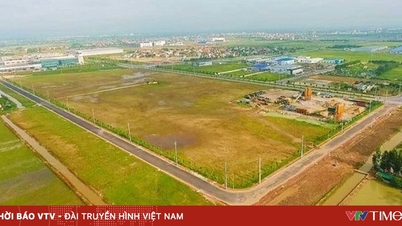
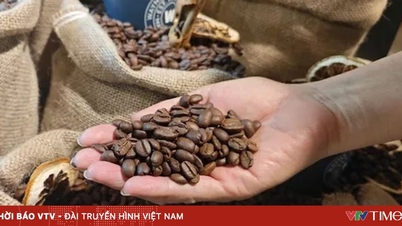
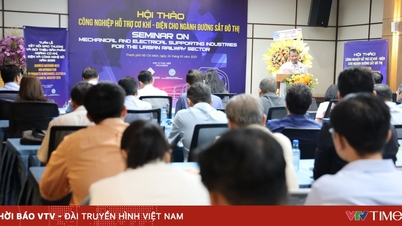




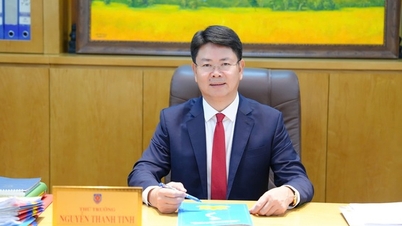


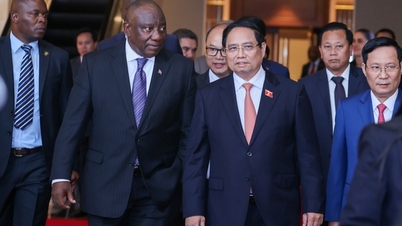
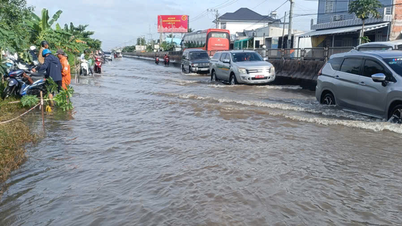
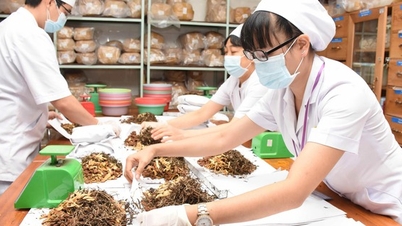




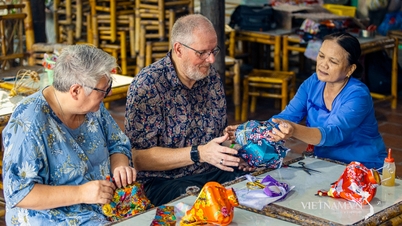
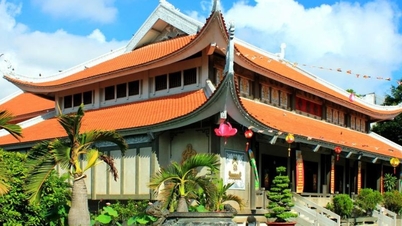



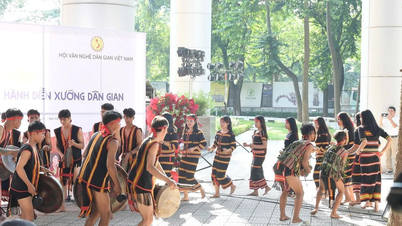

























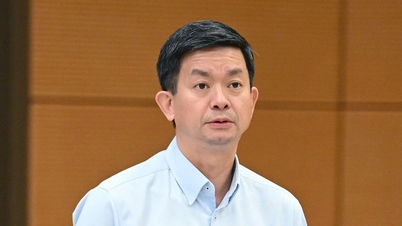
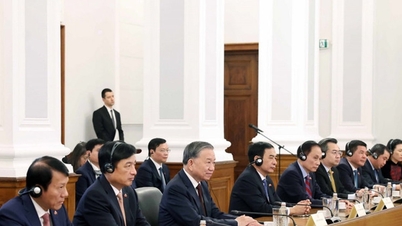

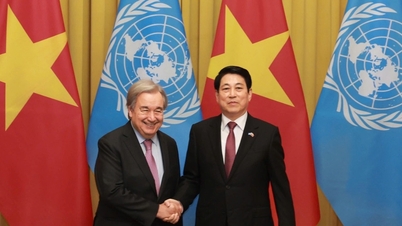

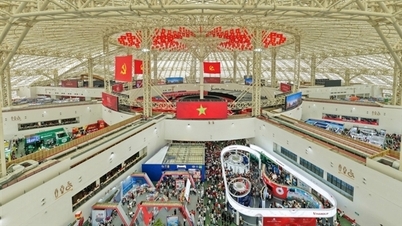

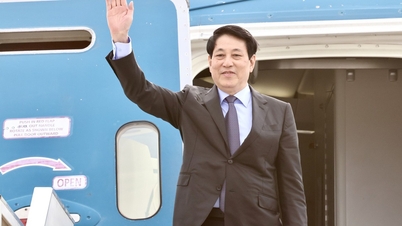

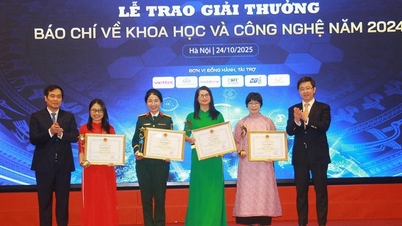

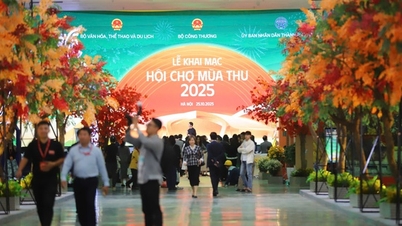
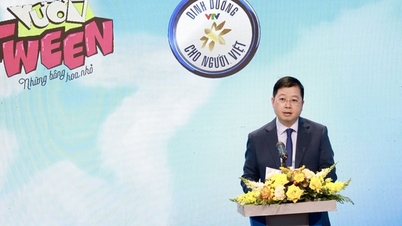
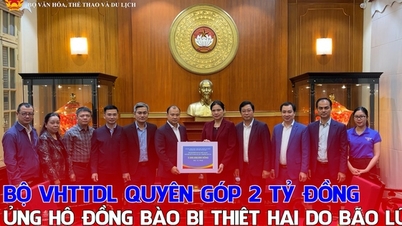
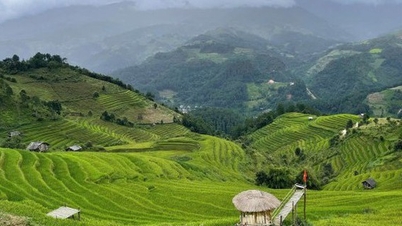
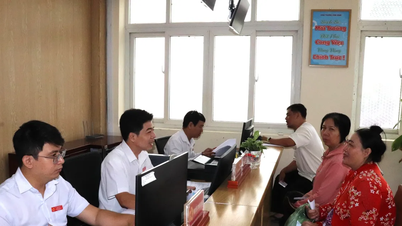

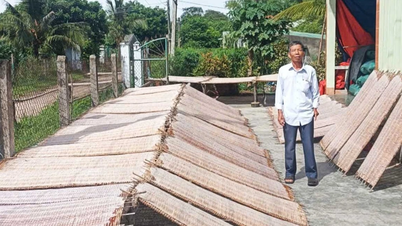




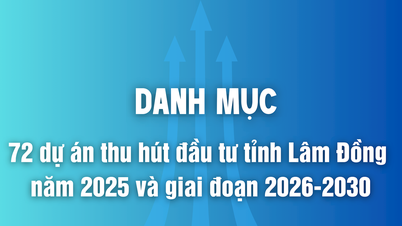


















Comment (0)